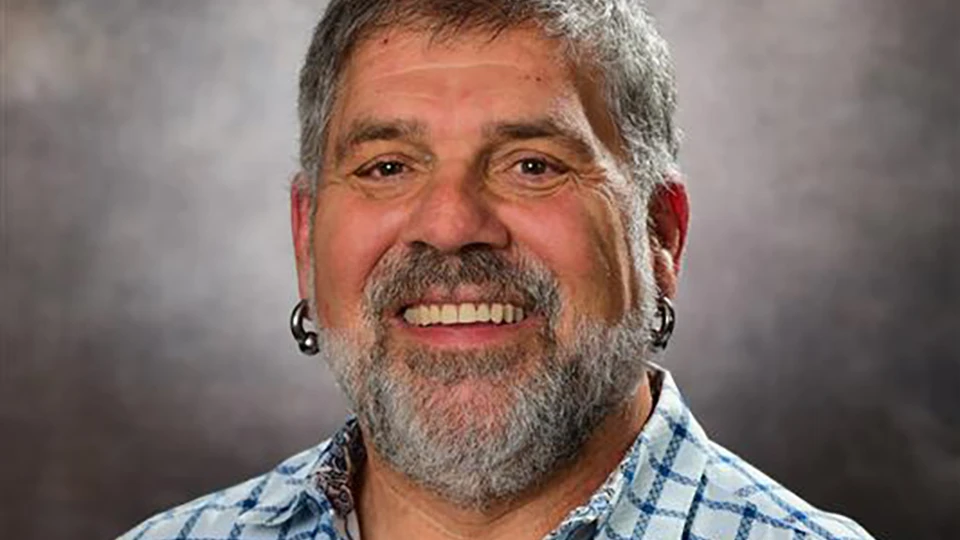This course will provide a current overview of the opioid and stimulant epidemics nationally and in California. It will discuss the interplay of these two substances and how they contribute to the current drug poisoning (overdose) crisis. The course will look separately at opioids and stimulants. A detailed discussion of how they work in the body and the resulting changes in functioning. The best evidence-based treatments will be discussed including strategies for how mental health providers can assist clients in receiving these services. Additionally, concrete recommendations will be made on how providers can improve their interactions with clients by understanding the functional changes that occur as a result of use. Finally, recommendations will be made for referral strategies to encourage clients to follow through on evidence-based, SUD-specific treatment. Open discussion, question and answer, and participant interaction will occur throughout the session.
Course Objectives
At the conclusion of this course, participants will be able to:
- Describe the current use patterns for opioids and stimulants and associated overdoes risk.
- List specific neurocognitive functional changes resulting from opioid and stimulant use
- Define specific clinical strategies facilitate interactions with clients with both metal health and opioid/stimulant use disorders.
- Identify appropriate referral resources for specialty SUD treatment for opioids and stimulants.
Instructional Level
This CE program is free to Kaiser Permanente employees.
Instructional Methodology
Lecture
Audio/Visual
On-line Presentation
Continuing Education Information
Kaiser Permanente Northern California Mental Health Training Programs is approved by the California Psychological Association, Office of Professional Development, to sponsor continuing professional education for psychologists in California.
Kaiser Permanente Northern California Mental Health Training Programs designate this live activity for 3 hours continuing education credits for the above-identified licensed professionals.
Refund and Attendance Policy
The seminars mentioned above are Free of charge to Kaiser Permanente Employees and Trainees.
IMPORTANT NOTICE: Those who attend the program in full and complete the appropriate evaluation form will receive CE credits. Please note that credit will only be granted for those who attend the entire lecture.

